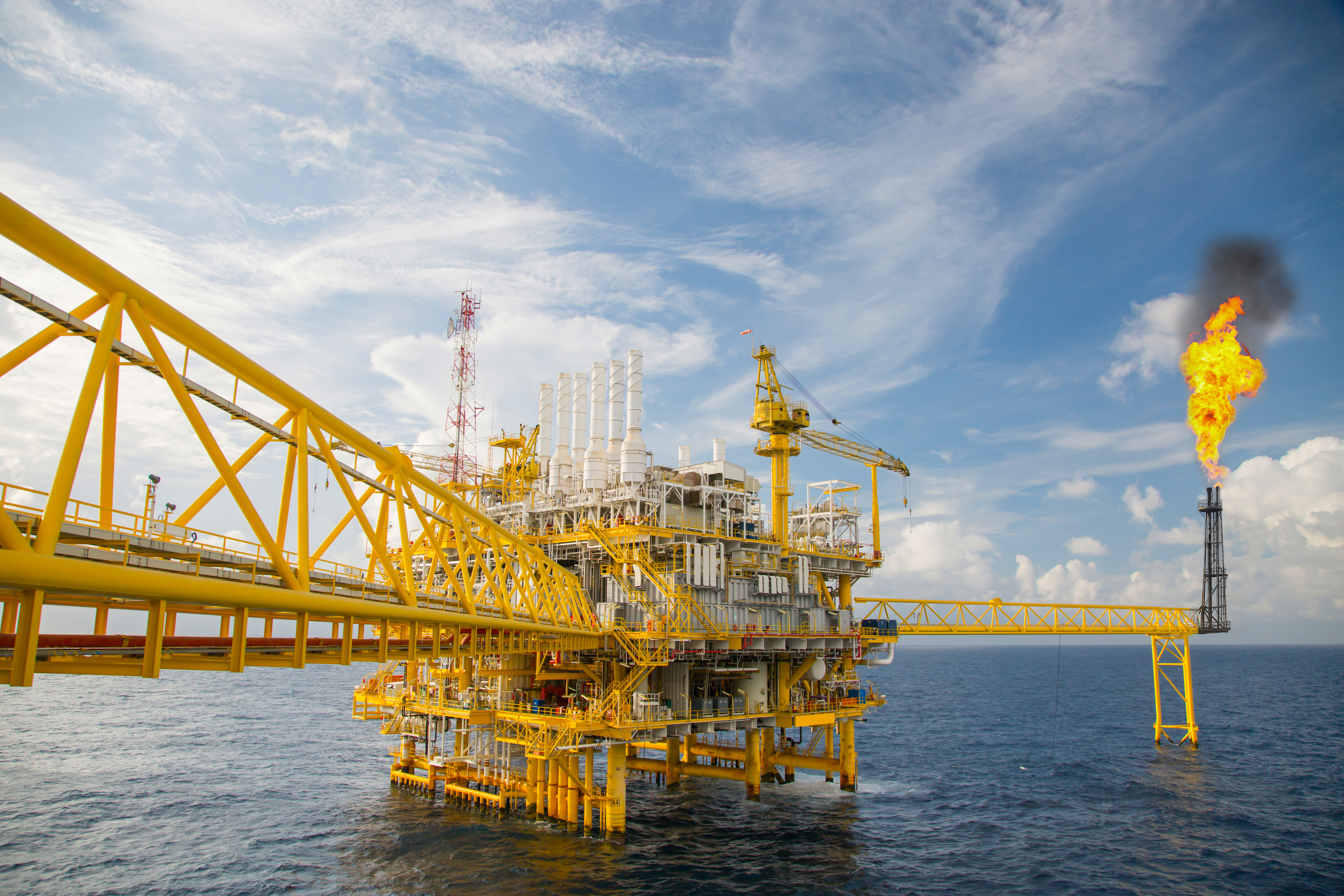Kolos leverer ekspertise og opplæring innen SDLA – spesialdesignede løfteredskaper.
Manglende dokumentasjon og kontroll av spesialdesignede løfteredskaper (SDLA) i boreområder har vært et tilbakevendende problem i industrien siden regelverket ble innført rundt 2012.
Som nylig rapportert av Ocean24, avdekket Petroleumstilsynet (Havtil) nok en gang manglende etterlevelse knyttet til fravær av sertifikater og brukermanualer for løfteutstyr offshore.

Kolos er blant få selskaper med dokumentert kompetanse og erfaring på dette området.
Vi leverer både rådgivning og praktisk støtte innen SDLA, og gjennomfører jevnlig kurs i samarbeid med KranTeknisk Forening (KTF) – med spesielt fokus på Kontrollgruppe D7 for spesialdesignede løfteredskaper brukt i brønn- og boreoperasjoner.
Våre kurs gir både teoretisk og praktisk opplæring i tråd med gjeldende regelverk, inkludert kravene i NORSOK R‑003 og Havtils opplæringsplan P‑3.8. Dette er avgjørende for å sikre sikker og effektiv bruk av løfteutstyr i boremoduler – et område som historisk har vært knyttet til flere alvorlige hendelser.. Dette er avgjørende for å sikre sikker og effektiv bruk av løfteutstyr i boremoduler – et område som historisk har vært knyttet til flere alvorlige hendelser.
I dag finnes det ingen grunn for selskaper til ikke å prioritere etterlevelse for SDLA‑utstyr. Kolos står klare til å bistå – med ekspertise, inspeksjon og opplæring.

Special designed lifting accessories
Specially Designed Lifting Accessories (SDLA) with D7 Certification
Specially Designed Lifting Accessories (SDLA) are critical components for safe and efficient lifting operations in drilling and well intervention environments. These accessories include elevators, elevator links (bails), handling tools, running tools, hanger tools, lifting nipples, lifting caps, and lifting subs – all engineered to meet stringent industry standards such as NORSOK R-002, API Spec 8C, and ISO guidelines.
Key Features and Requirements:
- Purpose-built for drilling operations: SDLAs are designed to handle tubulars and heavy loads in both vertical and horizontal positions, with clearly defined Working Load Limits (WLL).
- Compliance and Safety: All SDLAs must undergo proof-load testing to 125% of their rated capacity before use, ensuring compliance with OSHA and ASME safety standards.
- D7 Controller Certification: The D7 certification refers to the competence required for inspectors and controllers of SDLA equipment. This includes documented training (Module P-3.8) covering theoretical and practical knowledge for safe inspection and operation, as mandated by Norwegian regulations and NORSOK standards.
- Risk Management: Proper control and inspection of SDLAs significantly reduce incidents related to lifting in drilling modules, which have historically been among the highest-risk activities offshore.
Why It Matters:
SDLAs are not just lifting tools—they are engineered safety solutions. With D7-certified control and rigorous compliance, operators can ensure reliable performance, minimize downtime, and maintain the highest safety standards in demanding offshore environments.
Spesialdesignede løfteredskaper (SDLA) med D7-sertifisering
Spesialdesignede løfteredskaper (SDLA) er kritiske komponenter for sikker og effektiv håndtering i løfteoperasjoner innen boring og brønnintervensjon. Disse redskapene omfatter elevators, elevator links (bails), håndteringsverktøy, running tools, hanger tools, løftenipler, løftehetter og løftesub’er – alle konstruert for å møte strenge industristandarder som NORSOK R‑002, API Spec 8C og relevante ISO‑retningslinjer.
Viktige egenskaper og krav:
Formålsbygget for boreoperasjoner:
SDLA‑utstyr er utviklet for å håndtere rør og tunge belastninger i både vertikale og horisontale posisjoner, med tydelig definerte arbeidslaster (WLL).
Etterlevelse og sikkerhet:
Alt SDLA‑utstyr skal gjennomføre belastningsprøving på 125 % av nominell kapasitet før bruk, for å sikre etterlevelse av OSHA- og ASME‑sikkerhetsstandarder.
D7‑kontrollørsertifisering:
D7‑sertifisering viser kompetansen som kreves av inspektører og kontrollører av SDLA‑utstyr. Dette inkluderer dokumentert opplæring (Modul P‑3.8) som dekker både teoretisk og praktisk kunnskap for sikker inspeksjon og operasjon, slik det kreves i norsk regelverk og NORSOK‑standarder.
Risikostyring:
Riktig kontroll og inspeksjon av SDLA reduserer risikoen for hendelser knyttet til løft i boremoduler – et område som historisk har hatt høy ulykkesfrekvens offshore.
Hvorfor dette er viktig
SDLA‑utstyr er ikke bare løfteverktøy, det er konstruerte sikkerhetsløsninger.
Med D7‑sertifisert kontroll og streng etterlevelse kan operatører sikre pålitelig ytelse, redusere nedetid og opprettholde de høyeste sikkerhetsstandardene i krevende offshore‑miljøer.
